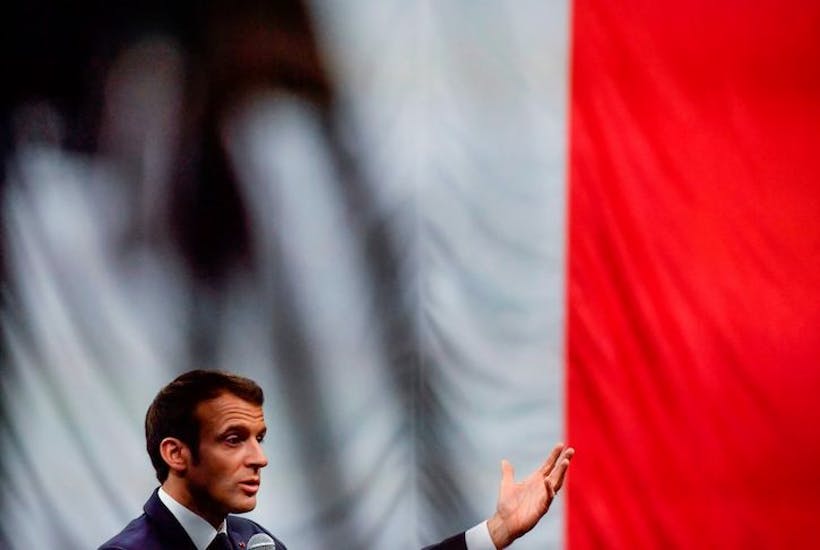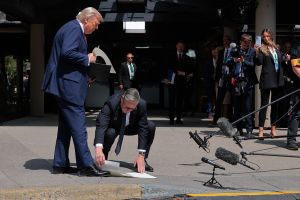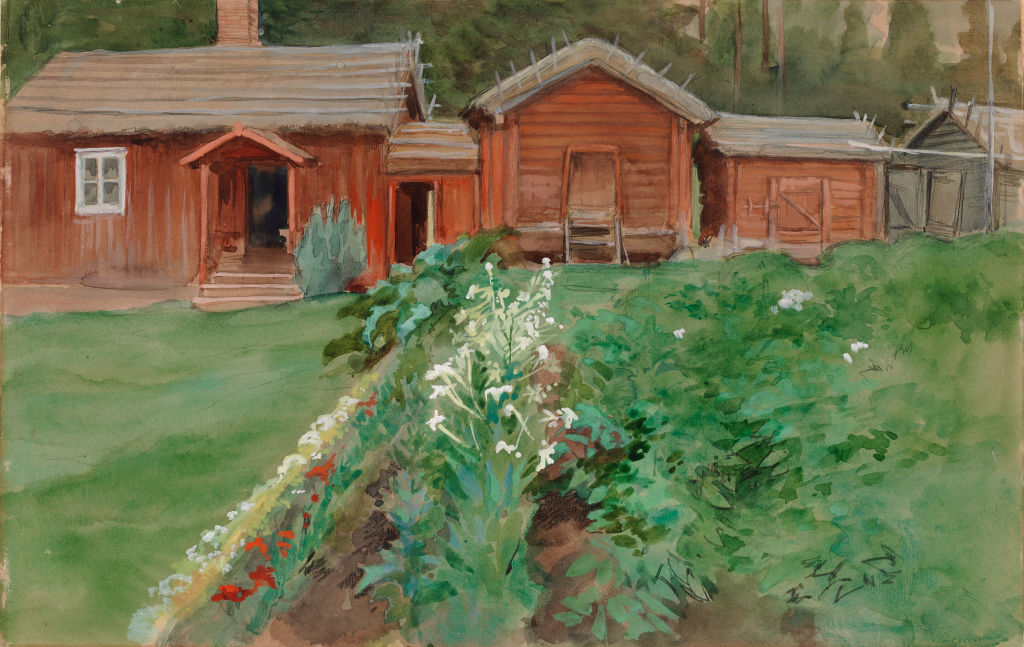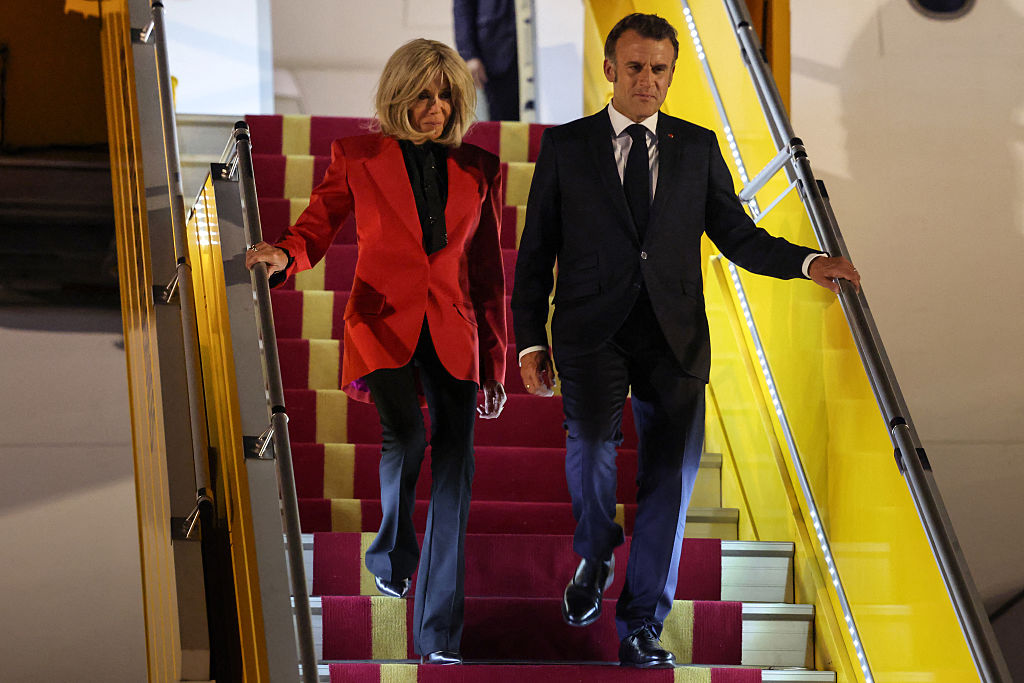Back in December, Emmanuel Macron was a man on edge. His poll numbers were spiraling down the toilet; hundreds of thousands of French who felt alienated from their government were taking to the streets to shout down the French elite in cities and towns across the country; and fires were burning all around Paris. Police officers and protesters-turned-rioters were on the frontlines trading rocks and rubber bullets, resulting in hundreds (if not thousands) of arrests. Macron, the blue-eyed, fresh-faced technocratic politician who marketed himself during the 2017 presidential contest as the Fifth French Republic’s aspiring savior, was left twiddling his thumbs in the presidential mansion wondering how to address the turmoil around him.
Then came an idea that would provide Macron with some breathing space: why not launch a ‘great debate’ throughout the country to learn why so many ordinary, working-class French citizens were disgusted with the state of things? It was an unoriginal but brilliant concept. By getting out on the stump, Macron could remind the country why so many French voters chose him over the nationalist-populist Marine Le Pen. Engaging with ordinary people and having arguments with mayors of opposing parties, sleeves rolled up, would dampen the anger.
After two months of cross-crossing France, 10,000 meetings, 1.4 million French comments, and 16,000 complaint books filled to the brim with grievances, step 1 of the ‘Great Debate’ concluded on Friday. One hundred random French citizens will now comb through the responses and deliver their findings to the government. Macron will then have a few questions to answer: which complaints rise to the level of serious reform; which are best left for local authorities to handle; and which should be packed up and saved for another day?
Over the past two months, Macron has handled the crisis well enough. In November and December, he was like a deer in the headlights, caught unprepared and unsure of himself. But to his credit, the series of town-hall meetings have saved him. He has gotten some of his mojo back, exhibiting the leadership qualities and youthful vigor that helped catapult him to the presidency almost two years ago. Even Macron’s political opponents — all of whom would love to see him become the next François Hollande, leaving office with a pathetic approval rating — recognize this. Allowing the French people to scream at their government through a controlled process and write down their suggestions for how to improve the country has let some of the air out of the Yellow Vests’ balloon.
Macron, however, has only escaped the first wave. If he wants to survive the biggest political crisis of his young tenure, he must do something with the complaints other than put them on the shelf. That means tasking his government to work on pension and tax reform; demolishing the gilded wall separating the French political establishment and the masses; and perhaps delegating more administrative authority to the local level (at least that would help share the blame when things go poorly). The government, in other words, needs to start governing and the legislators need to start legislating. While there will always be scattered demonstrations on the fringes of French society, enacting common-sense policies will be the only way for Macron to get his approval ratings back to a respectable level.
For now, the Yellow Vests have lost much of their momentum. But if changes are not made and the great debate begins to look like a clever, government-supported sham to deflate the anger without fixing actual problems, Macron could very well find himself in the same position he was in during Christmas time — humbly addressing the French public and begging for forgiveness.
This article was originally published on The Spectator’s UK website.

























